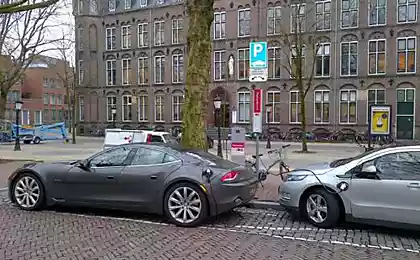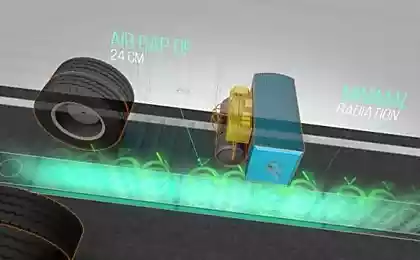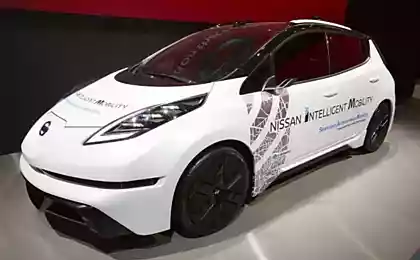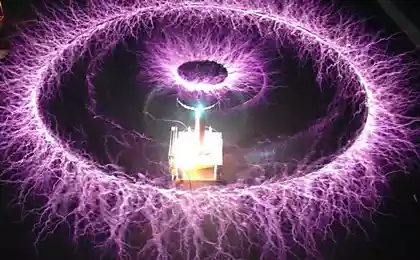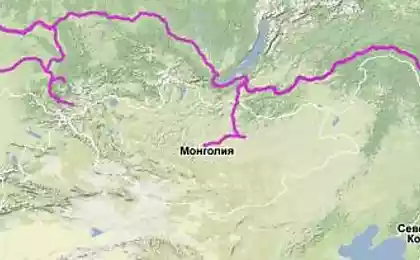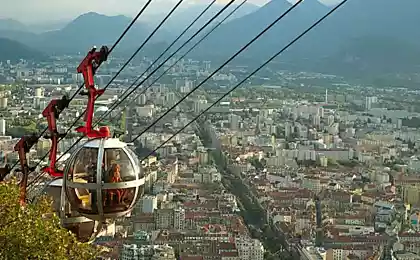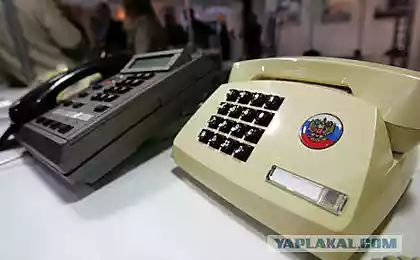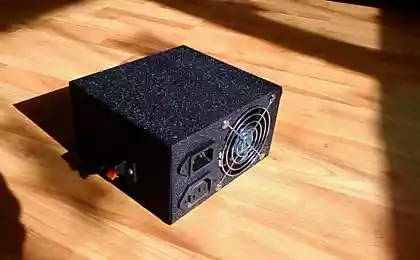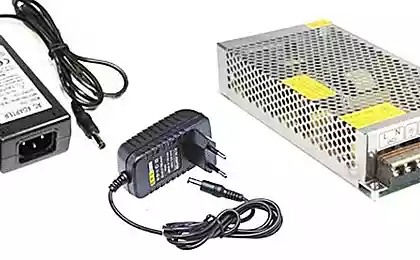487
ElectRoad revolutionary power system of electric vehicles
Soon it will be possible to forget about a charging station for electric vehicles — the roads in the near future will be able to recharge electric vehicles while driving, without ever needing to stop to recharge or refuel.
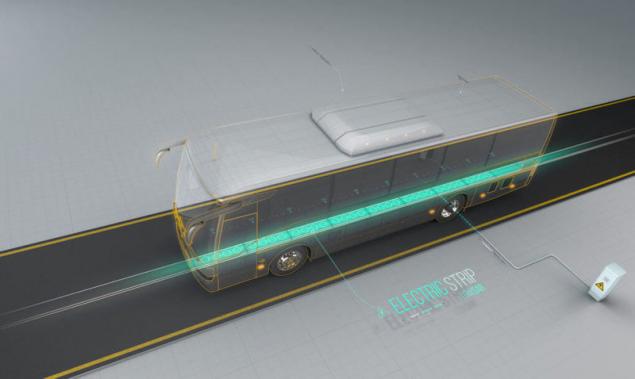
Israeli startup Electroad works over in order to pave the way for a green world through technology that modernizes existing roads through built-in induction coils to charge electric vehicles. The team has already successfully tested technology and will test electric roads in a larger scale — on one of the routes of public bus in tel Aviv.
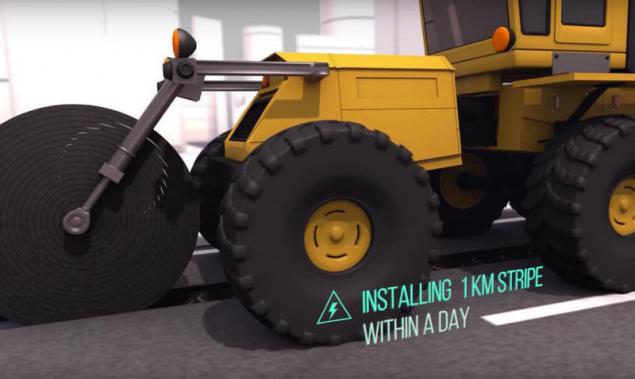
Founded with the goal of developers — reducing global emissions: technology Electroad needs to be more efficient and clean way to travel. The startup uses technology that relies on electromagnetic induction (the basic physical phenomenon underlying wireless chargers for smartphones and toothbrushes) to power electric cars while driving. Although other companies such as Qualcomm and KAIST are also working on wireless charging of electric vehicles, CEO Electroad Oren Ezer, says that their essence is the same but technology is different.
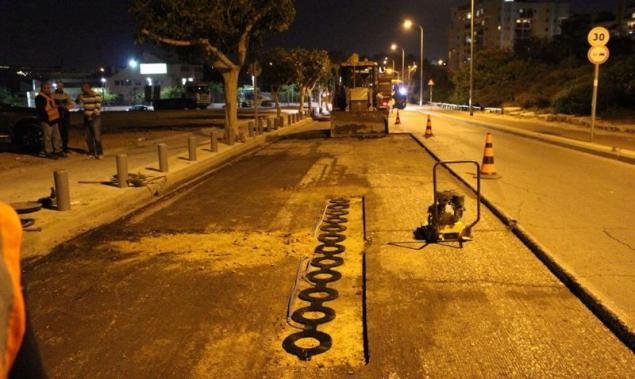
"Our technology is flexible," said Ezer. "Only copper and rubber required for its rapid and easy deployment. You can upgrade one kilometer of road in just half a day, from night to morning." The installation process starts with asphalt cutter that digs 8-inch deep trench. The second car sets band wireless charging and back fills the trench with asphalt. Intelligent converters with on-line communication are installed on the sides of the road. The coil unit is mounted under the electric vehicle and receives power transmitted through a small air gap 24 centimeters. Radiation is minimized because the coil locally shielded from the driver and passengers for safety.
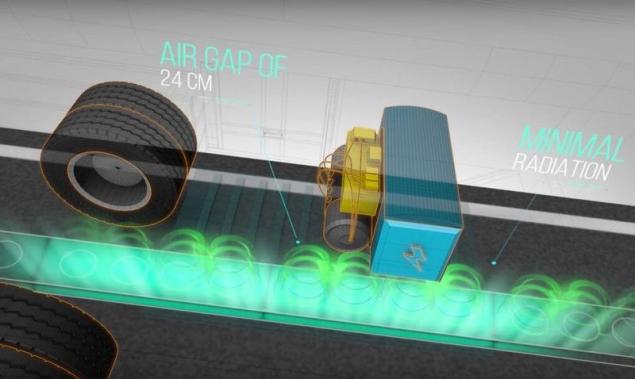
Electroad plans to focus on public transport, before applying technology to private transport. The startup has successfully tested its technology with electric bus five months ago in tel Aviv and opened 20 meters modernized electric road outside his laboratory. Soon the company will test the technology on public electric bus on one of the routes to tel Aviv. As the bus will drive on electric roads, the ego will not need to recharge, though he will have a small battery to the bus still could travel up to five kilometers without electrical power from the road.
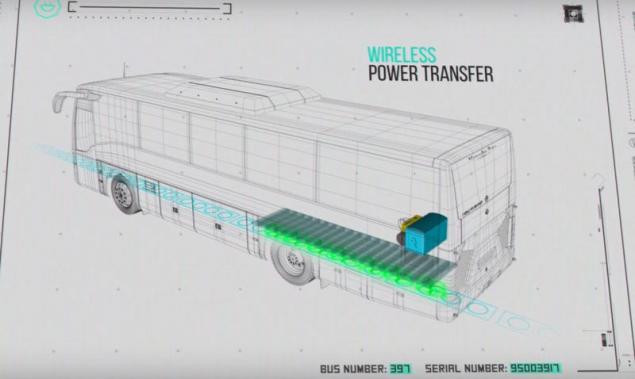
"We are removing a source of energy," said Ezer. "The electricity will come from renewable energy sources, handed down across the road. It is really a good solution. Battery for electric bus can cost about $ 300,000 and weigh 5 tons. If you remove the battery, the electric bus is much easier and requires less energy. This technology is very economical. When compared with diesel buses, it is half the price. Starting to apply this technology for public transport, which can save you money, and then go to the taxi and trams. The payback is very quick."
The Ezer has a dream to translate all vehicles Israel electric inductive charging. Electroad received a research and innovation grant from the European Union's Horizon 2020 and recently completed a Capital Nature that focuses on new renewable energy sources in Israel. The startup plans to test its technology on public bus route in tel Aviv next year. published
Source: ecotechnology

Israeli startup Electroad works over in order to pave the way for a green world through technology that modernizes existing roads through built-in induction coils to charge electric vehicles. The team has already successfully tested technology and will test electric roads in a larger scale — on one of the routes of public bus in tel Aviv.

Founded with the goal of developers — reducing global emissions: technology Electroad needs to be more efficient and clean way to travel. The startup uses technology that relies on electromagnetic induction (the basic physical phenomenon underlying wireless chargers for smartphones and toothbrushes) to power electric cars while driving. Although other companies such as Qualcomm and KAIST are also working on wireless charging of electric vehicles, CEO Electroad Oren Ezer, says that their essence is the same but technology is different.

"Our technology is flexible," said Ezer. "Only copper and rubber required for its rapid and easy deployment. You can upgrade one kilometer of road in just half a day, from night to morning." The installation process starts with asphalt cutter that digs 8-inch deep trench. The second car sets band wireless charging and back fills the trench with asphalt. Intelligent converters with on-line communication are installed on the sides of the road. The coil unit is mounted under the electric vehicle and receives power transmitted through a small air gap 24 centimeters. Radiation is minimized because the coil locally shielded from the driver and passengers for safety.

Electroad plans to focus on public transport, before applying technology to private transport. The startup has successfully tested its technology with electric bus five months ago in tel Aviv and opened 20 meters modernized electric road outside his laboratory. Soon the company will test the technology on public electric bus on one of the routes to tel Aviv. As the bus will drive on electric roads, the ego will not need to recharge, though he will have a small battery to the bus still could travel up to five kilometers without electrical power from the road.

"We are removing a source of energy," said Ezer. "The electricity will come from renewable energy sources, handed down across the road. It is really a good solution. Battery for electric bus can cost about $ 300,000 and weigh 5 tons. If you remove the battery, the electric bus is much easier and requires less energy. This technology is very economical. When compared with diesel buses, it is half the price. Starting to apply this technology for public transport, which can save you money, and then go to the taxi and trams. The payback is very quick."
The Ezer has a dream to translate all vehicles Israel electric inductive charging. Electroad received a research and innovation grant from the European Union's Horizon 2020 and recently completed a Capital Nature that focuses on new renewable energy sources in Israel. The startup plans to test its technology on public bus route in tel Aviv next year. published
Source: ecotechnology
